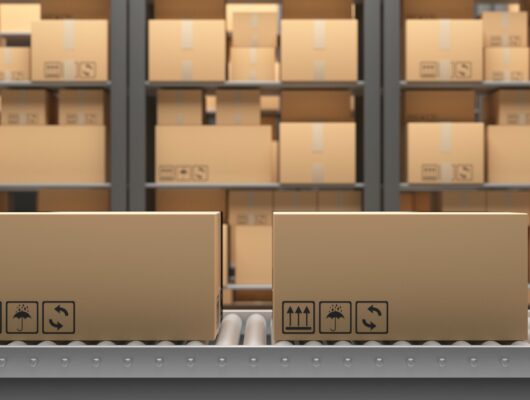An effective ERP implementation definitely comes with a cost, but more so with better prospects and returns for your company. Once the ERP is installed, the support and maintenance consume about 20% of the budget. A study concluded that more than 40% of companies went beyond the stipulated budget because they either lacked planning or cut corners during the initial setup.
This simple math indicates how important it is to be prepared and have a solid plan while integrating ERP. A wide range of factors influence the cost of ERP and here are some precautions you must consider to avoid potential setbacks:
- Be sure of your company’s demands and requirements: It is always a good idea to invest your time and create a special team, if need be, to streamline your company’s demands and requirements to decide how to initiate the ERP integration process.
- Consider holistic feedback to move ahead: The employees of a company are its assets. As a leader, you must understand that people who are working at the root will be able to provide you with the most valid feedback. Hence, your decision-making regarding ERP must involve these professionals for the best output.
- A well-defined implementation budget: Never underestimate the implementation costs. Analyze the process from every possible angle and make sure that you have a structured plan to bank on. The better your plan is the more successful will the investment be.
- Go for an appropriate ERP solution: You should always be aware of what’s going in the industry. It is not always about going for the best option. Rather, you must go for what works best for your company and the industry. Thus, the cost, features, compatibility etc, of the ERP depend very much on what’s working and what’s not!
If you are targeting to implement the system at one go to cut down costs, then you’re probably aiming for the stars! You must understand that ERP integration is not a one-step process and checks & balances are of significance.
As and when you progress, you would understand if the setup adds value to your company and it will likewise evolve with every subsequent undertaking.
There are two crucial non-monetary factors that determine the effectiveness of any system and its sustenance. These are Time and Productivity. There is a substantial time involved in the successful implementation of ERP, which extends to a couple of months. Hence, you must be prepared for its hassle-free yet time-framed implementation. Also, when employees of a company would start working on an ERP-enabled system, they will take more time to complete certain processes. However, this would only be at the initial stage. And once they are through with its functioning, you are sure to witness faster and enhanced productivity.
This way, your decision of installing a substantial ERP into your systems would prove to be of great value if you have a rock-solid plan and do not cut corners while going ahead with it!





